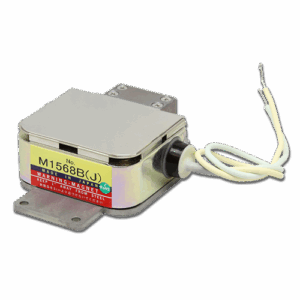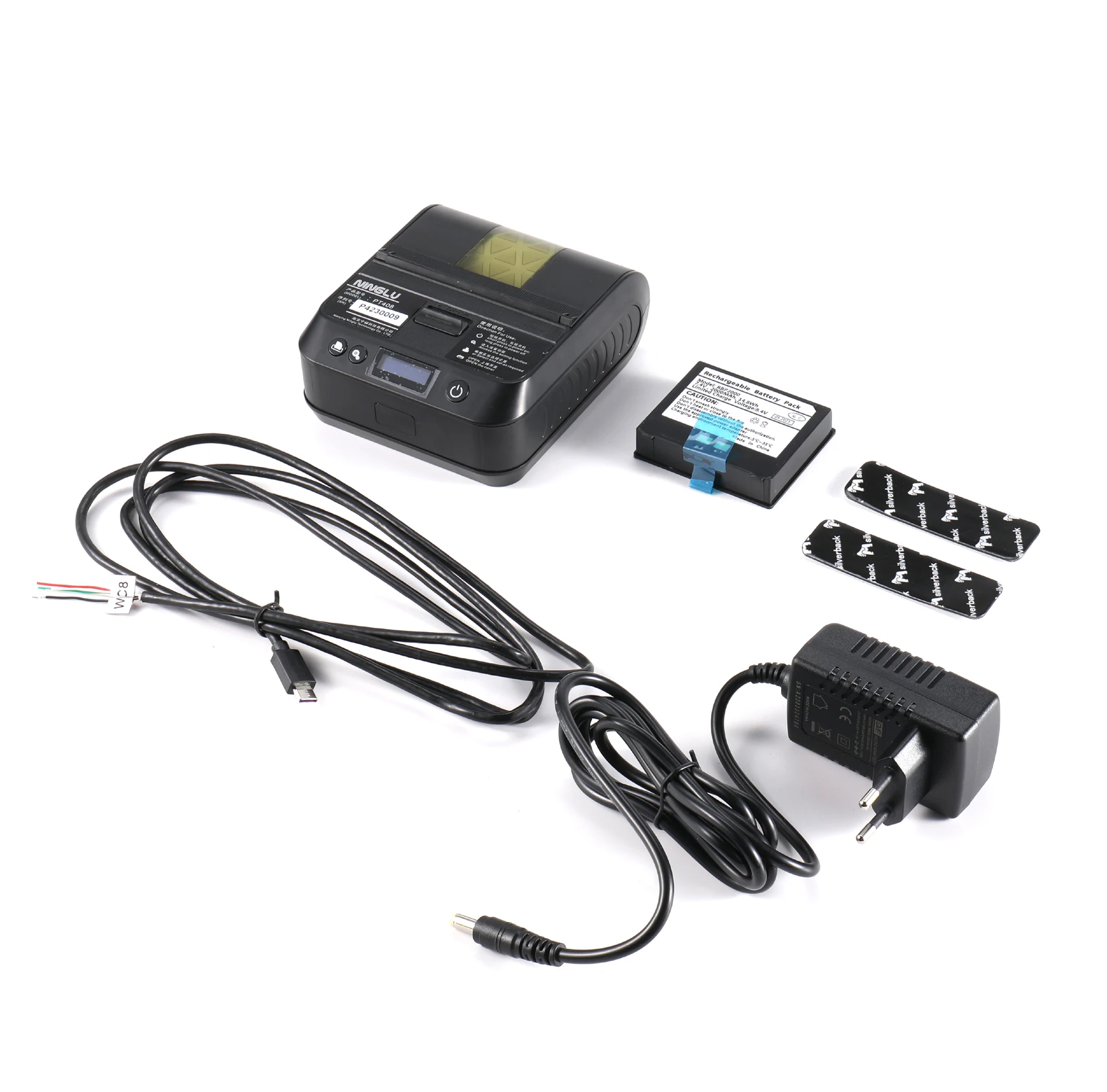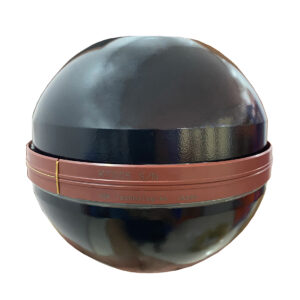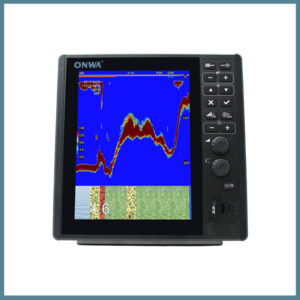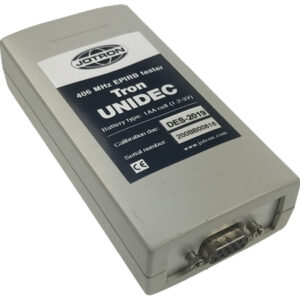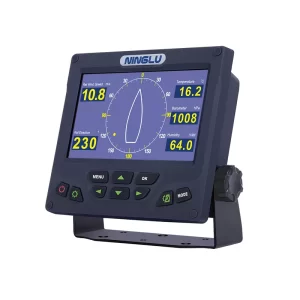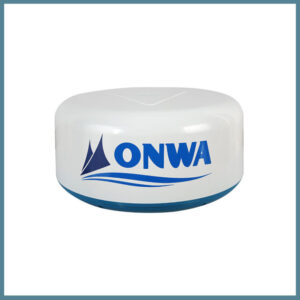Marine Satellite Communication










🖧 Remote Monitoring Tools

End-to-End Marine Airtime Support
VSAT Installation & Support
Installation and activation of VSAT systems for global internet access at sea, with Ku/Ka-band options.
Airtime Plans & Subscriptions
Flexible data plans for FleetBroadband, Iridium, and Inmarsat terminals – prepaid or monthly billing.
Remote Configuration Support
We provide remote setup assistance, diagnostics, and performance monitoring of airtime terminals worldwide.
Our Airtime Solutions Include:




🖧 LAN/WAN Integration on Board

Why Choose Our Airtime Services?





Frequently Asked Questions (FAQs)
1. What is marine airtime?
Marine airtime refers to satellite communication services that provide voice and internet access on vessels at sea via satellite terminals like VSAT, FleetBroadband, and Iridium.
2. What is the difference between VSAT and FleetBroadband?
VSAT uses high-throughput Ku or Ka-band satellite links for high-speed data, while FleetBroadband operates on L-band and is more suitable for basic voice and email.
3. Can you help with airtime activation?
Yes, we offer activation, provisioning, and ongoing support for all major airtime services globally.
4. Do you supply and install marine VSAT systems?
Absolutely. We install, configure, and maintain VSAT systems from Intellian, Cobham, Sailor, and more.
5. Which regions do you offer support?
We support vessels across UAE, Singapore, Oman, Qatar, India, Bahrain, and Egypt with fast turnaround times.
6. Is remote support available for configuration?
Yes. Our engineers offer remote troubleshooting, firmware updates, and satellite terminal adjustments worldwide.
7. How can I monitor data usage on board?
We provide tools and firewalls that enable real-time bandwidth monitoring and usage alerts per user or device.
8. What if my airtime speed is too slow?
We can diagnose bottlenecks, optimize bandwidth allocation, and recommend plan upgrades for better speeds.
9. Do you offer cybersecurity for SATCOM?
Yes, we implement firewall rules, content filters, and access restrictions to enhance cyber protection onboard.
10. How do I get a quote or service?
Simply email us at service@ftron.net with your vessel name, port, and service needs.


